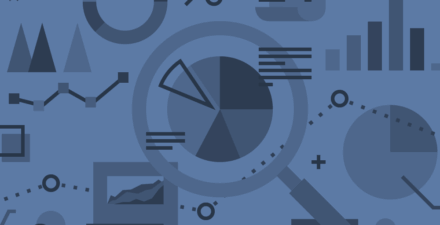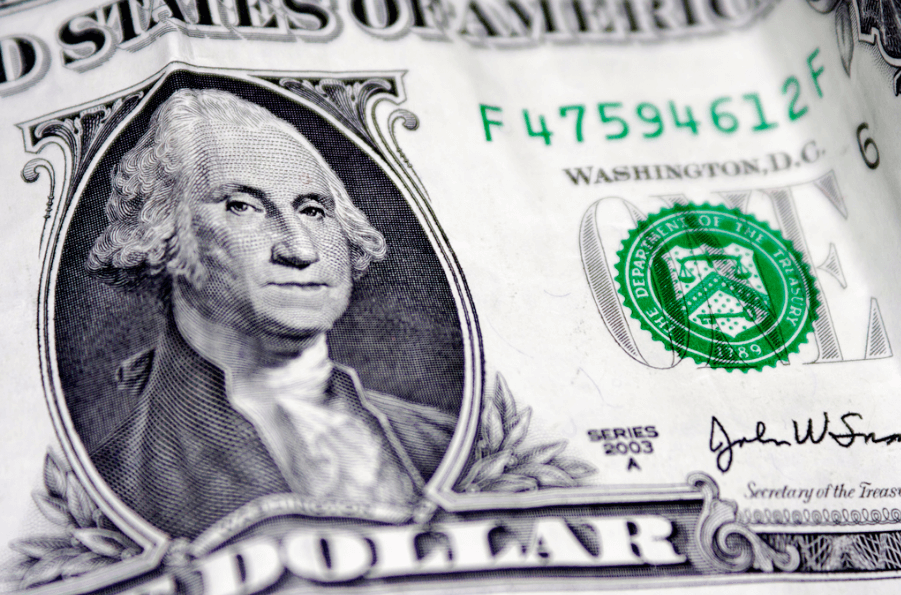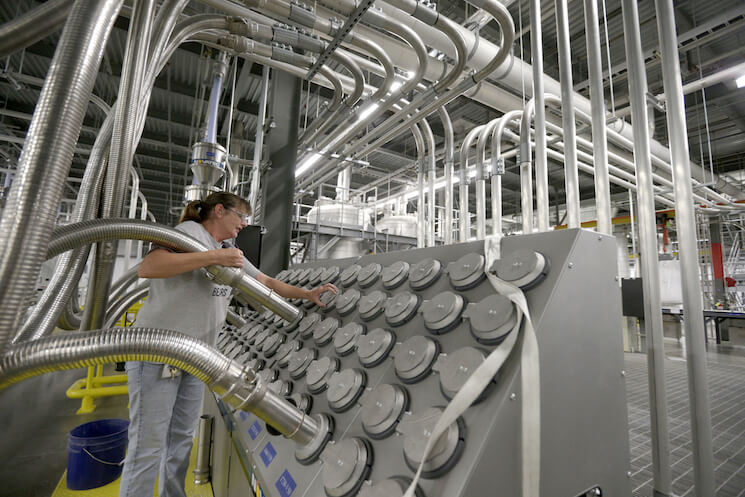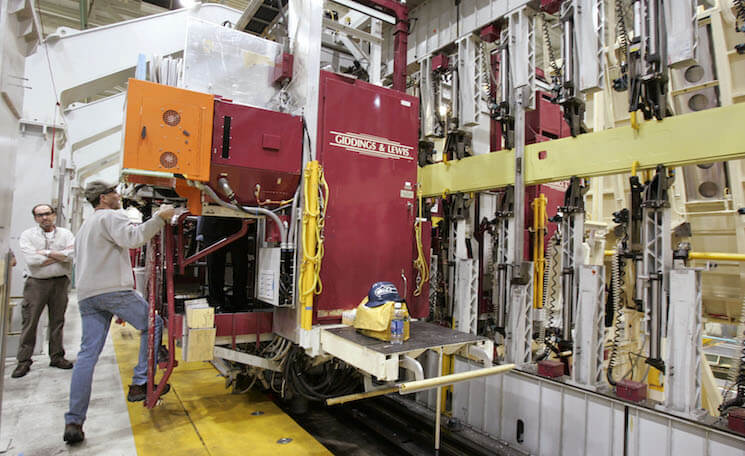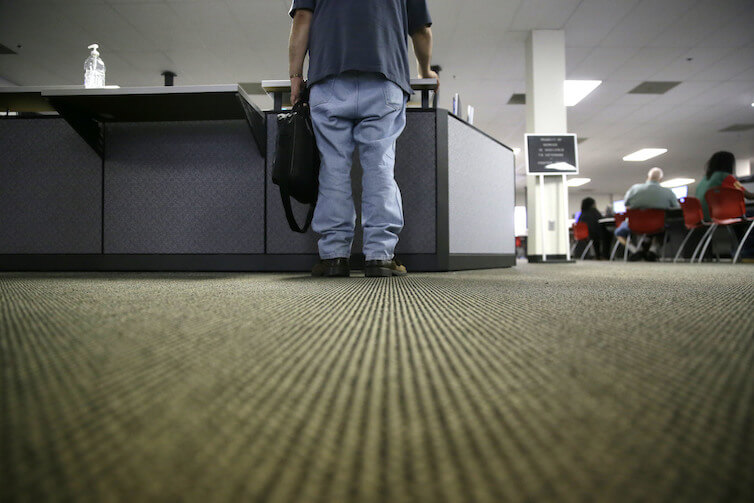Recessions happen. But how often?
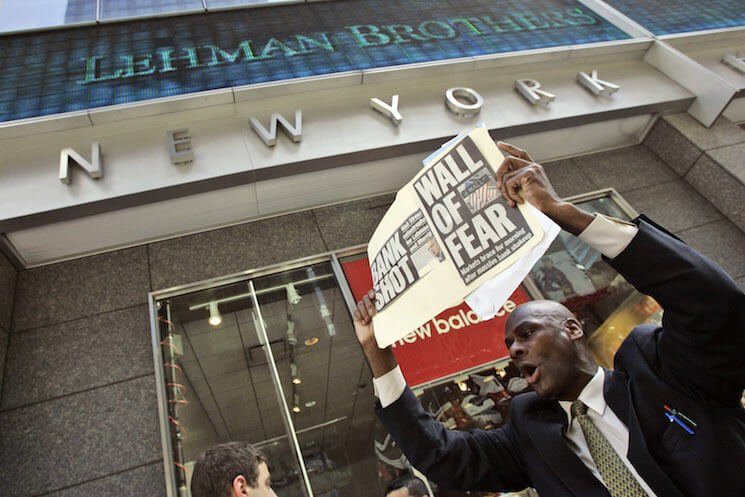
Recessions, unfortunately, are inevitable. Even more unfortunately, economists have not been very good at figuring out when or how they will happen. But with the recovery from the Great Recession now in its eight year, some scholars and policymakers are wondering if a recession in the United States is due to hit sometime soon—basically because the current recovery is about to die of old age.
Not surprisingly, there is very little consensus on the timing. Neil Irwin at the New York Times points to research that finds the probability of a recession happening in a given year isn’t affected by how long the current expansion has been going on. And according to a paper from Glenn Rudebusch at the Federal Reserve Bank of San Francisco published earlier this year, the probability the current U.S. expansion will end is 23 percent. So in a given year it would seem that there’s a little under a one-in-four chance that the U.S. economy will slip into a recession.
Does that mean that any concerns about a recession happening anytime soon are overblown? Not exactly. As Josh Zumbrun at the Wall Street Journal shows, if the probability of a recession happening in a given year is independent of the age of an expansion, then the probability of a recession in the next few years will be fairly high. Using the San Francisco Fed’s estimates, Zumbrun shows that the probability of not having a recession in at least one year over a four-year period is 35 percent.
But recessions don’t just die of old age; something has to kill them. The last two recessions happened due to the bursting of two asset bubbles: first the dot-com stockmarket bubble in the early 2000s and then the housing bubble starting in 2006. But a look at the data doesn’t seem to show the building of any sort of major speculative asset bubble that could do significant damage to the U.S. economy. Of course, few economists, financial analysts or policymakers predicted the recessions that were caused by the bursting of the past two bubbles.
Still, the causes of the last two recessions were the exceptions to the rule since the end of the Second World War. In every other postwar expansion, the Federal Reserve has been the culprit behind the end of the expansion. Ryan Avent points this out at The Economist and notes that with interest rates near zero, central banks that are more concerned with keeping inflation quite low are likely to accidently end a recession.
Whether the next recession happens due to the bursting of a bubble that no one currently can discern or a premature interest rate hike or perhaps something else entirely, policymakers need to be ready to counteract its effects. On November 15th, Equitable Growth will be hosting an event focused on thinking through policy choices for combating the next recession when it inevitably hits. Recessions are an unfortunate eventuality, but that doesn’t mean policymakers can’t be ready for them.



